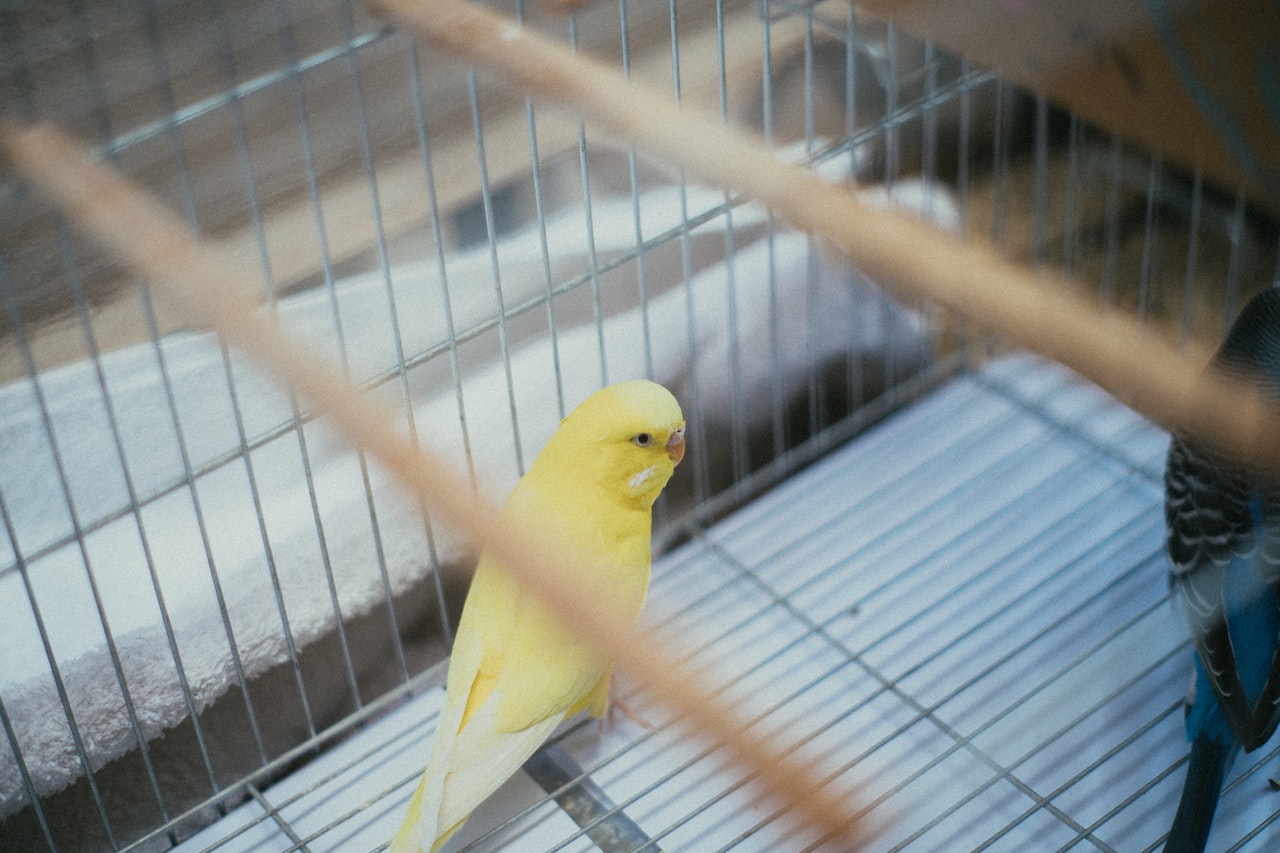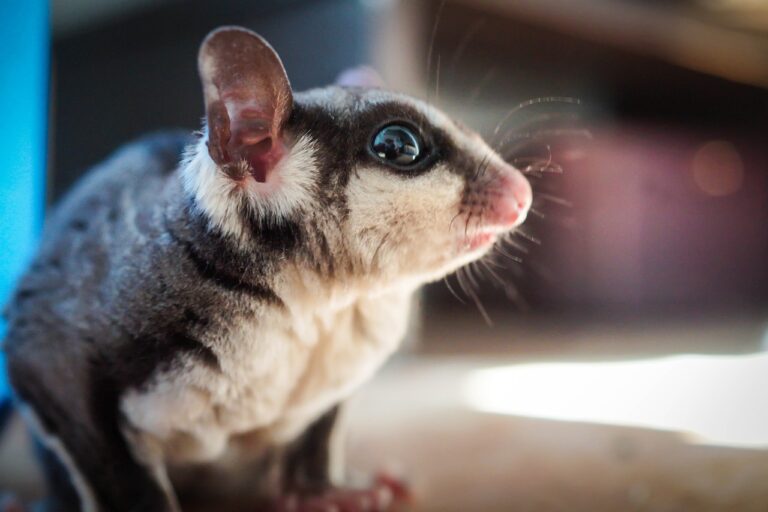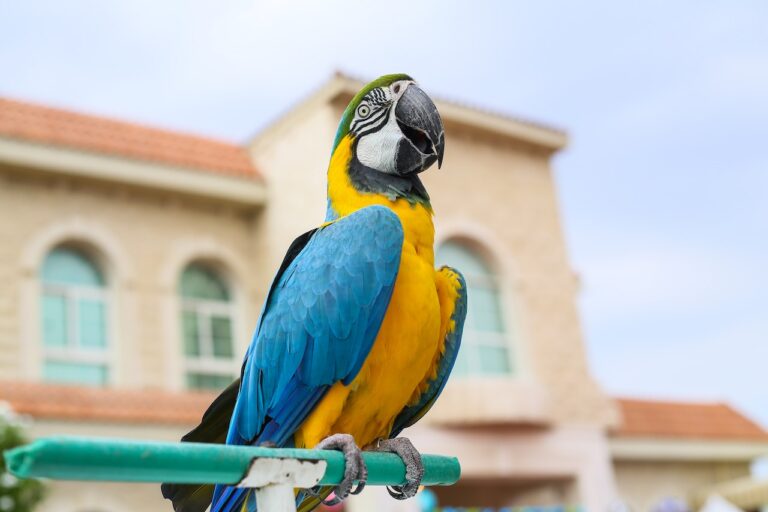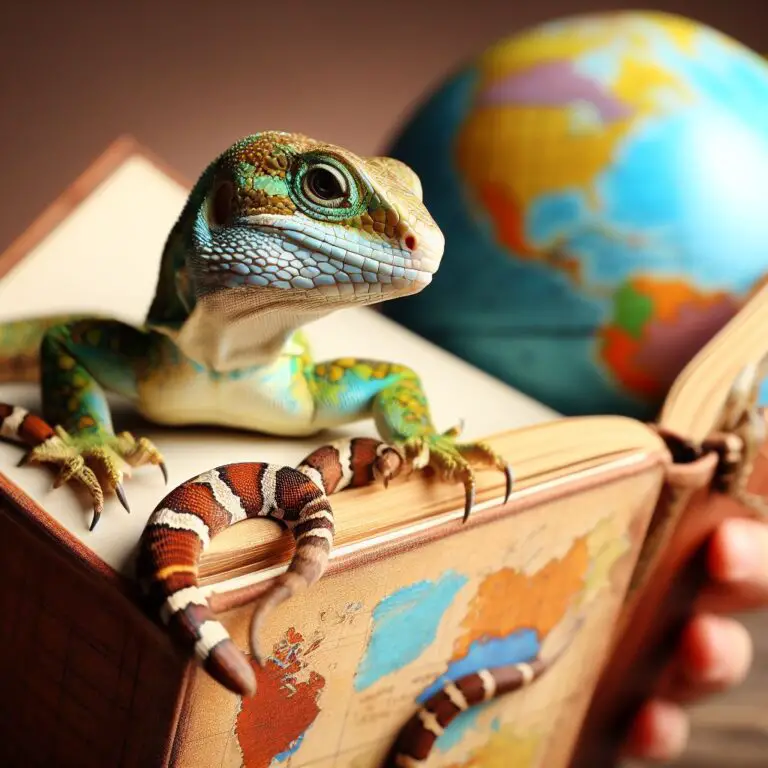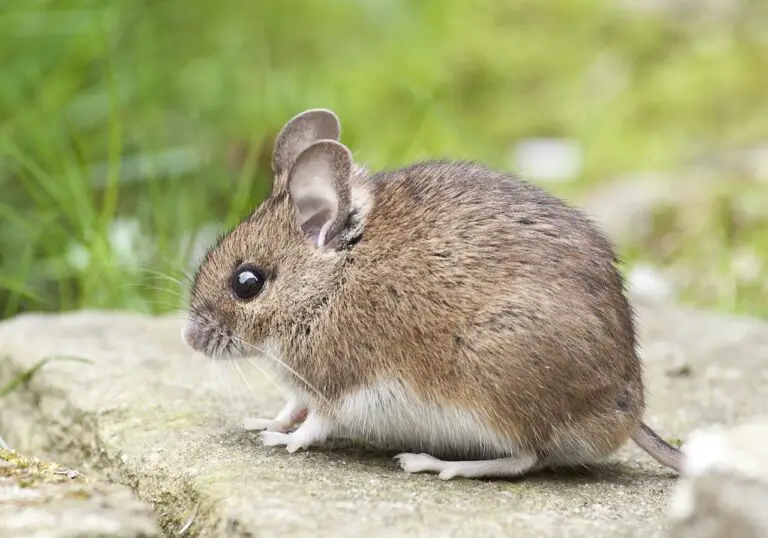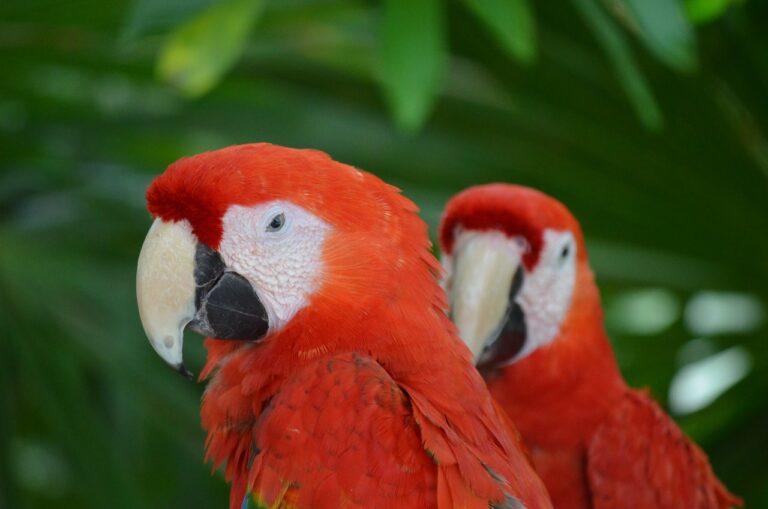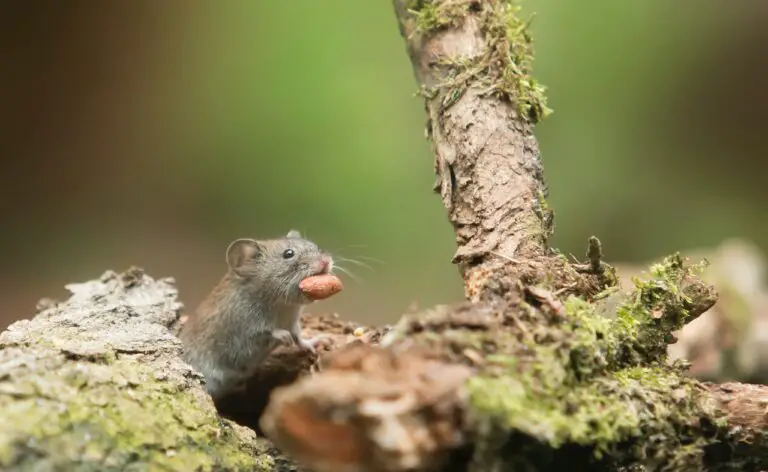Creating an Ideal Environment for Your Exotic Bird Pet: Pro Tips
Creating an ideal environment for your exotic bird pet is crucial to ensure its health and happiness. As a responsible bird owner, it is our responsibility to provide our feathered friend with a safe and comfortable living space that caters to their specific needs.
A happy bird is a healthy bird, and the right environment can make all the difference in your bird’s well-being.
Understanding your exotic bird pet is the first step in creating the ideal environment for them. Different species have different requirements, and it’s important to research and learn about your bird’s natural habitat, behavior, and dietary needs.
Once you have a good understanding of your bird’s needs, you can start creating an environment that closely resembles their natural habitat as closely as possible.
Key Takeaways
- Understanding your bird’s needs is crucial to creating the ideal environment.
- Mimic your bird’s natural habitat as closely as possible.
- Provide a safe and comfortable living space for your bird.
Understanding Your Exotic Bird Pet
When it comes to owning an exotic bird pet, it’s important to understand their personality and natural behaviors. Exotic birds, such as parrots, parakeets, cockatoos, and macaws, are highly intelligent creatures that require a lot of attention and care.
Here are some key things to keep in mind when it comes to understanding your pet bird:
Personality
Each exotic bird has its own unique personality, just like humans. Some birds may be more outgoing and friendly, while others may be more reserved or even aggressive.
It’s essential to spend time with your bird and get to know their personality so you can provide the best care possible.
Natural Behaviors
Exotic birds have a variety of natural behaviors that are important to understand. For example, many birds love to chew and shred things, so providing them with plenty of toys and safe items to chew on is essential.
Birds also need plenty of exercise and mental stimulation, so it’s important to provide them with opportunities to fly, climb, and play.
Communication
Exotic birds are known for their ability to mimic human speech, but they also communicate in a variety of other ways. Birds may use body language, vocalizations, and other behaviors to communicate their needs and feelings.
It’s important to pay attention to your bird’s behavior and learn how to interpret their communication signals.
Diet and Nutrition
Diet and nutrition are critical to your bird’s health and well-being. Exotic birds require a balanced diet that includes a variety of fresh fruits, vegetables, and other foods.
It’s important to research your bird’s specific dietary needs and provide them with a high-quality diet that meets their nutritional requirements.
Hygiene and Health
Exotic birds require regular grooming and hygiene to stay healthy. This includes regular baths or showers, nail trims, and feather care.
It’s also important to keep your bird’s environment clean and free from bacteria and other harmful substances. Regular veterinary check-ups are also essential to ensure your bird stays healthy and happy.
Creating the Ideal Cage Environment
When it comes to creating the ideal environment for your exotic bird, choosing the right cage is crucial.
In this section, we will discuss the key factors to consider when selecting a cage for your feathered friend.
Choosing the Right Cage
The first step in creating the ideal cage environment is selecting the right cage for your bird. The cage should provide ample living space for your bird to move around and climb.
A good rule of thumb is to allow for no fewer than 18 inches by 18 inches of floor space per bird, with medium birds requiring at least 24 inches by 30 inches, while larger birds need even more space.
The cage should be longer than it is tall, as birds fly from side to side, not up and down.
Safety Measures
Safety is a critical concern when it comes to selecting a cage for your bird. Opt for a cage that is made of safe, non-toxic materials that won’t harm your bird if ingested. Zinc is toxic to birds, so be sure to avoid cages with zinc-coated bars.
Additionally, make sure the cage has secure latches and locks to prevent your bird from accidentally escaping.
Optimal Bar Spacing
The spacing between the bars of the cage is also important. The bars should be close enough together to prevent your bird from escaping or getting its head stuck, but not so close that your bird’s feathers get caught.
The optimal bar spacing will depend on the size of your bird. For example, smaller birds like finches and canaries require bars that are closer together than larger birds like parrots.
Ideal Cage Material
The material of the cage is another important consideration. The ideal cage material will depend on your bird’s needs and preferences. Some birds prefer wooden cages, while others prefer metal.
Metal cages are generally easier to clean and maintain, but wooden cages can provide a more natural and comfortable living space for your bird. Regardless of the material, make sure the cage is easy to clean and sanitize to prevent the buildup of bacteria and other harmful substances.
Feeding Your Exotic Bird
Feeding your exotic bird is an important part of creating a healthy and happy environment for your pet.
In this section, we will discuss the key aspects of feeding your exotic bird, including understanding bird diet, safe and toxic foods, and water and hygiene.
Understanding Bird Diet
It is important to understand that different species of birds have different dietary requirements. In general, most exotic birds eat a diet that is mostly vegetarian, consisting of fruits, vegetables, and seeds. However, some exotic birds may also eat meat on occasion.
To ensure that your bird is getting the proper nutrients, it is important to provide a balanced diet plan that includes a variety of foods.
This can include fresh fruits and vegetables such as apples, carrots, and leafy greens, as well as seeds and grains such as millet, sunflower seeds, and quinoa.
Safe and Toxic Foods
When feeding your exotic bird, it is important to be aware of safe and toxic foods. Some foods that are safe for humans can be toxic to birds, so it is important to do your research and consult with a veterinarian if you are unsure.
Some common foods that are toxic to birds include chocolate, avocado, caffeine, alcohol, and certain types of nuts such as macadamia nuts. On the other hand, some foods that are safe for birds include cooked eggs, whole grains, and leafy greens.
Water and Hygiene
In addition to providing a balanced diet, it is important to ensure that your bird has access to clean water and a clean environment. Water should be changed daily, and food and water dishes should be cleaned regularly to prevent the growth of harmful bacteria.
It is also important to monitor your bird’s weight and avoid overfeeding, as obesity can lead to health problems such as heart disease and liver disease. Additionally, it is important to choose organic or pesticide-free foods whenever possible to reduce the risk of exposure to harmful chemicals.
Importance of Bird Toys and Perches
As responsible pet owners (as we all should be), we always strive to provide our exotic bird pets with the best possible environment. One of the key elements of creating an ideal home for our feathered friends is ensuring that they have access to appropriate toys and perches.
In this section, we will discuss the importance of bird toys and perches and how they contribute to the well-being of our beloved pets.
Choosing the Right Toys
Toys are an essential component of a bird’s environment. They provide entertainment, mental stimulation, and physical exercise, which are crucial for keeping our birds happy and healthy. When choosing toys for our birds, it’s important to consider their size, age, and personality.
Some birds are more curious and active than others and require more interactive toys, such as puzzles, mirrors, and ladders. We should also rotate toys regularly to keep our birds engaged and prevent boredom.
It’s essential to ensure that the toys we provide are safe and durable. Birds are curious creatures and tend to explore their environment with their beaks, so toys should ideally be made of non-toxic materials and free of small parts that can be swallowed.
We should also avoid toys with sharp edges or loose threads that can cause injury to our birds.
The Role of Perches
Perches are another critical element of a bird’s environment. They provide a place for our birds to rest, sleep, and exercise their feet and legs.
Different types of perches offer different benefits, so it’s essential to provide a variety of perches with different shapes, sizes, and textures. Natural wood perches are excellent for promoting foot health, while rope perches provide a comfortable grip and are easy on the feet.
We should also ensure that perches are placed at different heights to encourage our birds to exercise and move around their environment. Providing perches in different areas of the cage also gives our birds a sense of security and privacy.
Health and Hygiene Tips for Your Bird
Taking care of your exotic bird’s health and hygiene is crucial to their overall wellbeing.
Here are some tips to help ensure your bird stays healthy and happy:
Routine Vet Check-ups
Regular visits to a veterinarian who specializes in avian care can help prevent and detect health issues early on. We recommend scheduling a check-up at least once a year, even if your bird appears to be healthy.
During the visit, the vet will examine your bird’s physical health, beak, nails, and overall condition. They may also recommend certain tests or vaccinations to keep your bird healthy.
Managing Bird Hygiene
Maintaining good hygiene for your bird is essential to prevent the spread of bacteria and disease. We recommend cleaning your bird’s cage and accessories regularly with a bird-safe disinfectant.
You should also provide your bird with clean water and food every day. Additionally, you can use sandpaper perches or provide a rough surface to help keep your bird’s nails trimmed.
Signs of Health Problems
It’s important to be aware of the signs of health problems in your bird so you can address them promptly. Some common signs of health problems include changes in appetite, behavior, or droppings, discharge from the eyes or nostrils, and a foul smell.
If you notice any of these signs, it’s important to seek veterinary care immediately.
By following these tips, you can help ensure your bird stays healthy and happy. Remember to always prioritize your bird’s health and well-being by providing them with a secure, clean and safe environment.
Behavior and Socialization of Birds
Understanding Bird Behavior
As exotic bird owners, it is important to understand the behavior of our feathered companions. Birds are intelligent creatures that can learn and interact with their environment and owners.
They can become stressed or develop behavior problems if they are not provided with enough environmental enrichment or socialization. It is important to provide them with a happy and stimulating environment to prevent boredom and aggressive behavior.
Birds have unique personalities and can display a wide range of behaviors. Some birds may be more social or outgoing, while others may be more reserved or independent. Understanding your bird’s personality can help you provide the best care and socialization for them.
Importance of Socialization
Socialization is crucial for the well-being of your exotic bird pet. Note that birds are social creatures that thrive on interaction and companionship with their owners and other birds. Lack of socialization can lead to boredom, stress, and behavior problems.
It is crucial to provide your bird with regular interaction and playtime with you and other birds. This can include talking to them, offering toys and treats, and allowing them to interact with other birds in a supervised environment.
In addition to socialization, environmental enrichment is also important for the mental and physical health of your bird. This can include providing them with toys, perches, and foraging opportunities to keep them mentally stimulated and prevent boredom.
Overall, understanding bird behavior and providing proper socialization and environmental enrichment can lead to a happy and healthy companion for years to come.
Concerns and Solutions for Bird Owners
As bird owners, we want to provide our pets with the best possible environment. However, there are some concerns that we need to be aware of and address to ensure our birds are happy and healthy.
In this section, we will discuss some common concerns and provide solutions to help you create an ideal environment for your exotic bird pet.
Dealing with Noise
Birds are known for their vocalizations, which can be a concern for some owners. If you live in an apartment or have close neighbors, excessive noise can be an issue.
To minimize noise, consider the following solutions:
- Place your bird’s cage in a room that is not adjacent to a shared wall.
- Cover the cage with a blanket or cloth at night to reduce noise levels.
- Provide your bird with toys and activities to keep them occupied and reduce excessive vocalization.
Handling Aggression
Some birds can become aggressive, which can be a concern for both owners and other pets in the household.
To prevent aggression, consider the following solutions:
- Provide your bird with plenty of socialization and interaction with humans and other birds.
- Avoid punishing your bird for aggressive behavior as this can reinforce the behavior.
- Consult with a veterinarian or bird behaviorist if your bird’s aggression persists.
Preventing Obesity
Obesity is a common health concern for birds, especially those that are not provided with enough exercise and a healthy diet.
To prevent obesity, consider the following solutions:
- Provide your bird with a balanced diet that includes a variety of fruits, vegetables, and protein sources.
- Offer your bird plenty of opportunities for exercise, such as toys, perches, and time outside of the cage.
- Monitor your bird’s weight and consult with a veterinarian if you notice any significant changes.
By addressing these concerns and implementing the solutions provided, we can create an ideal environment for our exotic bird pets.
Remember to always consult with a veterinarian or bird behaviorist if you have any concerns or questions about your bird’s health or behavior.
Additional Tips for Bird Care
When it comes to caring for your exotic bird pet, there are a few additional tips that can help ensure they are happy and healthy.
- Firstly, it’s important to provide your bird with enough space to move around and fly. This means investing in a cage that is large enough to accommodate their wingspan and allows them to move freely. Additionally, it’s important to let your bird out of their cage to explore and challenge themselves. This can be done in a safe and secure environment, such as a bird-proofed room or outdoor aviary.
- Secondly, it’s important to consider the cost of owning an exotic bird. These pets can be expensive, not just in terms of purchasing them but also in terms of ongoing care and maintenance. This includes providing them with a healthy and varied diet, regular veterinary check-ups, and any necessary medications or treatments.
- Thirdly, it’s a good idea to consider microchipping your bird. This can help ensure they are easily identifiable if they ever become lost or stolen. Additionally, it’s important to provide your bird with a safe and secure environment, free from any potential hazards such as toxic plants or other pets.
- Lastly, providing your bird with plenty of mental and physical stimulation is key to keeping them happy and healthy. This can include giving them with toys, puzzles, and other forms of enrichment. Additionally, spending time with your bird and providing them with socialization and interaction can help keep them engaged and content.
Overall, by following these additional tips and providing your bird with the care and attention they need, you can help ensure they live a long and healthy life.
Conclusion
In conclusion, creating the ideal environment for your exotic bird pet is crucial to their health and happiness. We have discussed several key factors to consider when setting up your bird’s living space, including the cage size, location, and furnishings.
It is important to provide your bird with a spacious cage that allows room for them to stretch their wings and move around freely. Additionally, the cage should be placed in a location that is free from drafts and direct sunlight, and provides plenty of natural light.
We have also discussed the importance of providing your bird with a varied and nutritious diet, including fresh fruits and vegetables, as well as a source of clean water. It is also important to maintain a clean and hygienic living space for your bird, including regular cage cleanings and providing plenty of opportunities for bathing.
Finally, we have emphasized the importance of providing your bird with plenty of mental and physical stimulation through toys, perches, and other enrichment activities. By creating a comfortable and stimulating environment for your exotic bird pet, you can help ensure that they live a happy and healthy life.
FAQs
What are the ideal temperature and humidity levels for exotic bird pets?
Maintaining the right temperature and humidity levels is crucial for your exotic bird’s health. The ideal temperature range for most exotic birds is between 68°F and 78°F.
However, some species may require a slightly higher temperature, so it’s best to consult with an avian veterinarian to determine the ideal temperature for your bird. The humidity level should be around 55%, but this too may vary depending on the species of bird. You can use a hygrometer to measure the humidity level in the environment.
What type of lighting is best for exotic bird pets?
Exotic birds require access to natural sunlight to maintain their health. Full-spectrum lighting can mimic the natural sunlight and provide the necessary UV rays for your bird.
You can also use artificial lighting to supplement your bird’s exposure to light. However, it’s recommended to consult with an avian veterinarian to determine the best lighting schedule for your bird.
What kind of toys and perches are suitable for exotic bird pets?
Exotic birds need a variety of toys and perches to keep them entertained and engaged. You can provide your bird with different types of perches such as natural wood, rope, and cement perches to help maintain their foot health.
Toys such as puzzle toys, foraging toys, and chew toys can help keep your bird mentally stimulated and prevent boredom. It’s important to ensure that the toys and perches are safe and appropriate for your bird’s species and size.
What are the common mistakes to avoid when creating an environment for exotic bird pets?
One of the most common mistakes is not providing enough space for your bird to move around and exercise. Another mistake is using toxic materials or chemicals in the bird’s environment.
It’s important to use safe and non-toxic cleaning products and avoid exposing your bird to fumes from cooking, smoking, or other household activities. Additionally, it’s important to avoid placing the bird’s cage in drafty or high-traffic areas.
How can you ensure a safe and healthy environment for your exotic bird pet?
You can ensure a safe and healthy environment for your bird by providing them with a clean and well-maintained living space.
This includes regular cleaning of the cage, toys, and perches, as well as providing fresh food and water daily. It’s also essential to provide your bird with regular veterinary check-ups and vaccinations to prevent illnesses.
What are some natural elements you can add to your exotic bird pet’s environment to promote well-being?
Adding natural elements such as plants, branches, and rocks can help promote your bird’s well-being. Plants can provide a natural source of humidity and oxygen, while branches and rocks can provide climbing and perching opportunities.
However, it’s important to ensure that the plants and materials are safe and non-toxic for your bird.
Peter Stones is the founder of Exotic Pets Place, the leading online resource for exotic pet care information.
With over 10 years of hands-on exotic pet ownership experience, he is deeply passionate about sharing his expertise to help others properly care for their unusual pets.
When he's not writing extensively researched articles or connecting with fellow exotic pet enthusiasts worldwide, you can find Peter at home tending to his own beloved menagerie of exotic animals.

